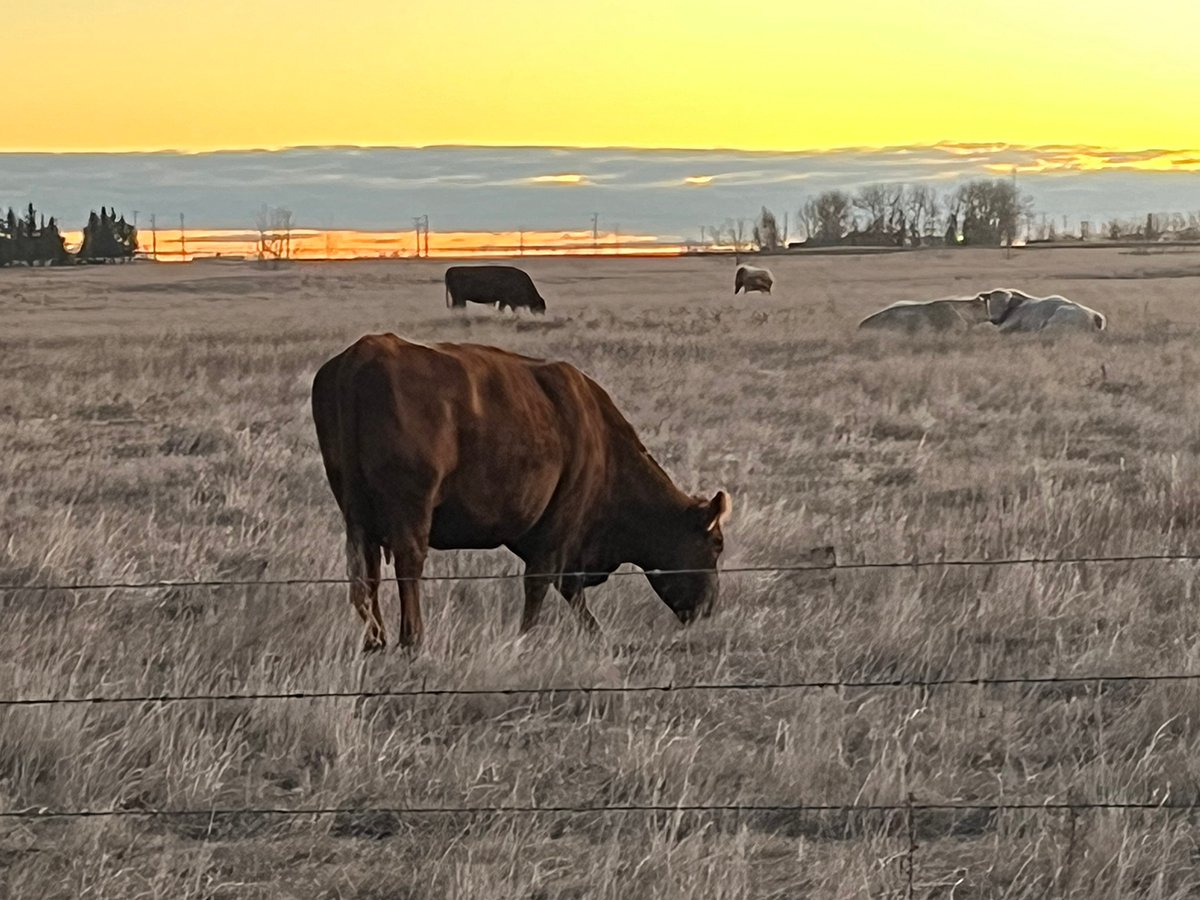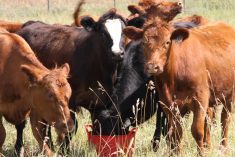RED DEER – People should keep an open mind when using equine dietary supplements because horse nutrition is a young science, experts advise.
On the other hand, a healthy skepticism is needed when using nutraceuticals and ergogenics to enhance performance, said one horse nutritionist.
“I am not sure some of the things we classify as nutraceuticals really mitigate, cure or treat a disease,” said Ginger Rich of Memphis, Tennessee, at the Alberta Horse Breeders and Owners conference in Red Deer Jan. 15.
Nutraceuticals are dietary supplements or non toxic foods with scientifically proven health benefits to treat or cure disease. They include B12 and B1, chelated minerals, ginseng and other herbs.
Read Also

Animal protection delivery to change in Saskatchewan
The Saskatchewan government is looking for a new agency to handle animal welfare after Animal Protection Services of Saskatchewan decided not to renew its contract next year.
Ergogenic aids are used to increase or improve work. Sodium bicarbonate and electrolytes are examples. In theory, these improve a horse’s speed and strength and slow fatigue by providing fuel for muscles.
“Sometimes we use these aids to increase the stored energy for the muscles to work. If these muscles don’t work and let the horse do his work, that horse is no longer an athlete,” she said.
For example, electrolytes are given to hard working horses to replenish minerals and salts lost in sweating.
Some supplements are considered to have both nutraceutical and ergogenic properties. Under government regulation they may be called GRAS, meaning generally recognized as safe, but there may be no proven health benefits.
Rich said horse owners should consult a nutritionist or veterinarian who has nutritional training before using some products.
Most premixed feeds already contain adequate supplementation so no additional products may be needed for a healthy horse.
When buying these products, note shelf life of products and store them properly. Some vitamins degrade over time or when exposed to sunlight or extreme temperatures. If they are past the use-by date, there may be no benefits left.
Seek products with scientific validation to support claims. Look for research from unbiased third parties and look for the ISO rating. Many companies do not pursue the third-party ISO accreditation so its presence shows a greater willingness to back up claims.
Get help in interpreting the data.
“Don’t base your buying patterns on celebrity endorsements,” she said.
Keep a record to evaluate the product.
When trying a product for the first time, it should be fed for at least three weeks. A horse’s digestive tract needs this amount of time to fully derive any benefit from the supplement. Muscle takes four to six weeks to adapt to a different substrate. Hooves may take a year to respond.
If there are no equine studies on the product, do not extrapolate results from other species like humans or cattle. The products may not be effective for horses because their digestive tracts are different.
Rich said there are also some ethical implications when using these products.
Horses are bred to work harder, run faster, jump higher or go longer distances. Offering them supplements to enhance performance must be considered when pushing a horse harder. But they could hurt the horse and in some competitive situations these compounds are not allowed.















